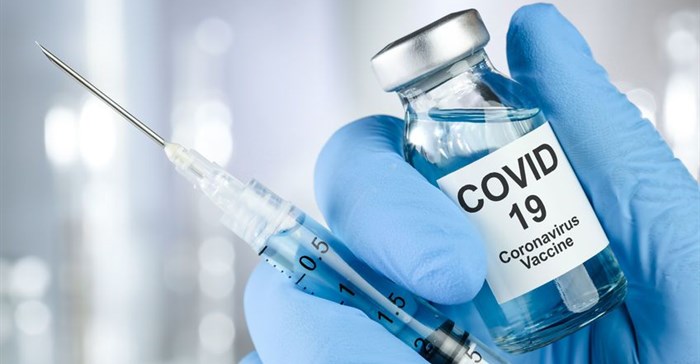
Launched in 2020 Covax is the multilateral mechanism for equitable global access to Covid-19 vaccines.
It was designed as an end-to-end coordination mechanism encompassing R&D and manufacturing, policy guidance, vaccine portfolio development, regulatory systems, supply allocation and country readiness assessments, transport logistics, vaccine storage and administration, and monitoring country coverage and absorption rates.
Jointly led by the Coalition for Epidemic Preparedness Innovations (CEPI), Gavi, the Vaccine Alliance (Gavi), Unicef and the World Health Organization (WHO), Covax has so far supplied nearly two billion Covid-19 vaccine doses and safe injection devices to 146 economies.
Its efforts are estimated to have helped avert the deaths of at least 2.7 million people in the Covax Advance Market Commitment (AMC) low- and lower-middle-income participating economies (lower-income economies) that received free doses through the mechanism, alongside nearly $2bn in critical support to turn vaccines into vaccinations.
However, as an emergency solution launched amid the pandemic, Covax faced many challenges.
Without having any cash reserves up front, it was initially limited in its ability to sign early contracts with manufacturers, and while it was able to ship doses to 100 economies in the first six weeks of the global roll-out, export bans and other factors meant that large-volume deliveries were only received in the third quarter of 2021.
While Covax was unable to completely overcome the tragic vaccine inequity that characterised the global response, it significantly alleviated the suffering caused by Covid-19 in the Global South.
Today, the initiative has supplied 74% of all Covid-19 vaccine doses supplied to low-income countries (LICs) during the pandemic. In total, 52 of the 92 AMC-eligible economies relied on Covax for more than half of their Covid-19 vaccine supply.
The plethora of learnings from Covax’s unique effort must be considered in the development of future global pandemic preparedness and response architecture.
These include:
With collaboration from manufacturers, all of Covax’s advance purchase supply agreements will have been completed or terminated by the end of 2023, except one, where a modest volume of supply will continue into the first half of 2024 in support of the new Covid-19 routine immunisation programme.
The 92 lower-income economies that were eligible to participate in the programme with support from the financing mechanism known as the Gavi Covax Advance Market Commitment (Covax AMC) will continue to have the option to receive Covid-19 vaccine doses and delivery support through Gavi’s regular programmes.
So far, 58 lower-income economies have requested a total of 83 million doses in 2024, with plans to focus on the continued protection of priority groups, including healthcare workers, community workers and older adults.